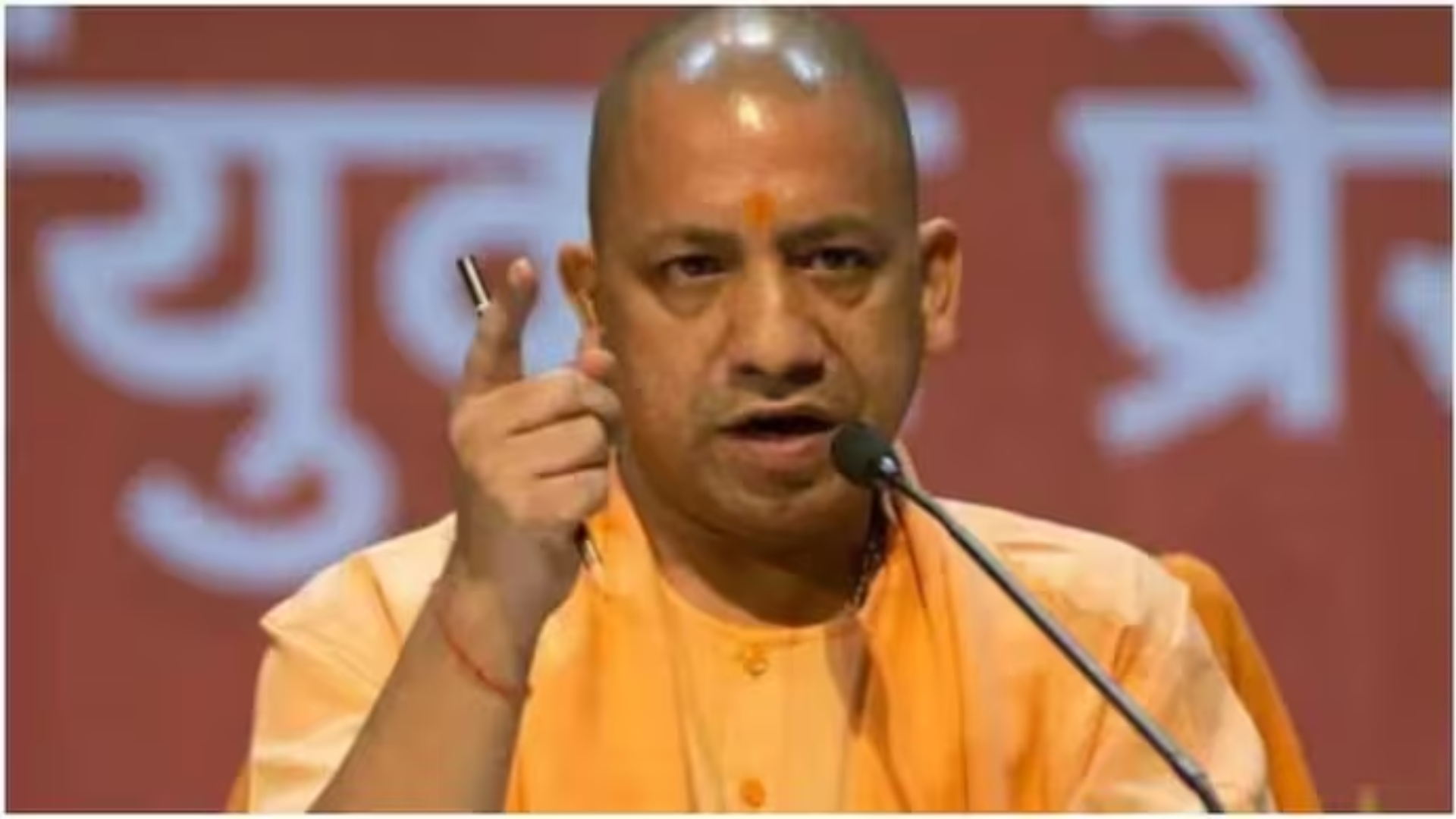In a recent podcast with Zerodha founder Nikhil Kamath, Prime Minister Narendra Modi discussed the essential qualities required for success in politics, offering insights into leadership, dedication, and communication.
Entering Politics: A Mission, Not an Ambition
Prime Minister Narendra Modi’s appearance on the podcast with Nikhil Kamath offered a deep dive into what it takes to thrive in politics. Modi emphasized that while entering politics might be easy, success is far more challenging. He argued that true success in politics requires dedication, communication, and, most importantly, a genuine connection with the people.
“Success in politics demands extreme dedication, a constant connection with the people in their good and bad times, and the ability to work as a team player,” he said. According to Modi, individuals driven by personal ambitions are destined to fail, while those with a mission to serve the nation will ultimately succeed.
The Role of Communication in Leadership
In his podcast, Modi highlighted that effective communication is a cornerstone of leadership. He illustrated this with the example of Mahatma Gandhi, whose simple yet powerful connection with the people played a crucial role in India’s struggle for independence. Modi pointed out that while Gandhi was not a great orator, his ability to unite people through his actions and personality made him a remarkable leader.
He also critiqued “professional politicians” who may deliver polished speeches but fail to build lasting relationships with the people. “Such an approach will not sustain in the long run,” he stated, emphasizing that leadership is about more than just rhetoric.
When discussing the future of politics in India, Modi stressed the need for young politicians who are driven by a selfless desire to serve the nation, rather than for personal gains. He stated, “India requires one lakh dedicated young politicians, driven by a selfless desire to serve the nation.”
Modi’s call for youth involvement in politics was rooted in the idea that the country needs individuals who are genuinely motivated by a mission to improve the nation, rather than those looking for power or wealth. He rejected the notion of politics as a game of “taking, gaining, and making” and stressed that only those with a deep sense of purpose can make a lasting impact.
In comparing entrepreneurship with politics, Modi shared his belief that while entrepreneurs are driven by the success and growth of their companies, politics is fundamentally about prioritizing the nation above all else. He underscored that politics should not be self-serving but should always focus on the greater good of the country.
Through his discussion with Nikhil Kamath, Prime Minister Narendra Modi reaffirmed his vision for politics in India—one that is not driven by personal ambition, but by selfless service, effective communication, and a deep connection with the people. By encouraging young people to enter politics with a mission, Modi envisions a future where the country’s leaders work together for the collective good, united by purpose and patriotism.


















